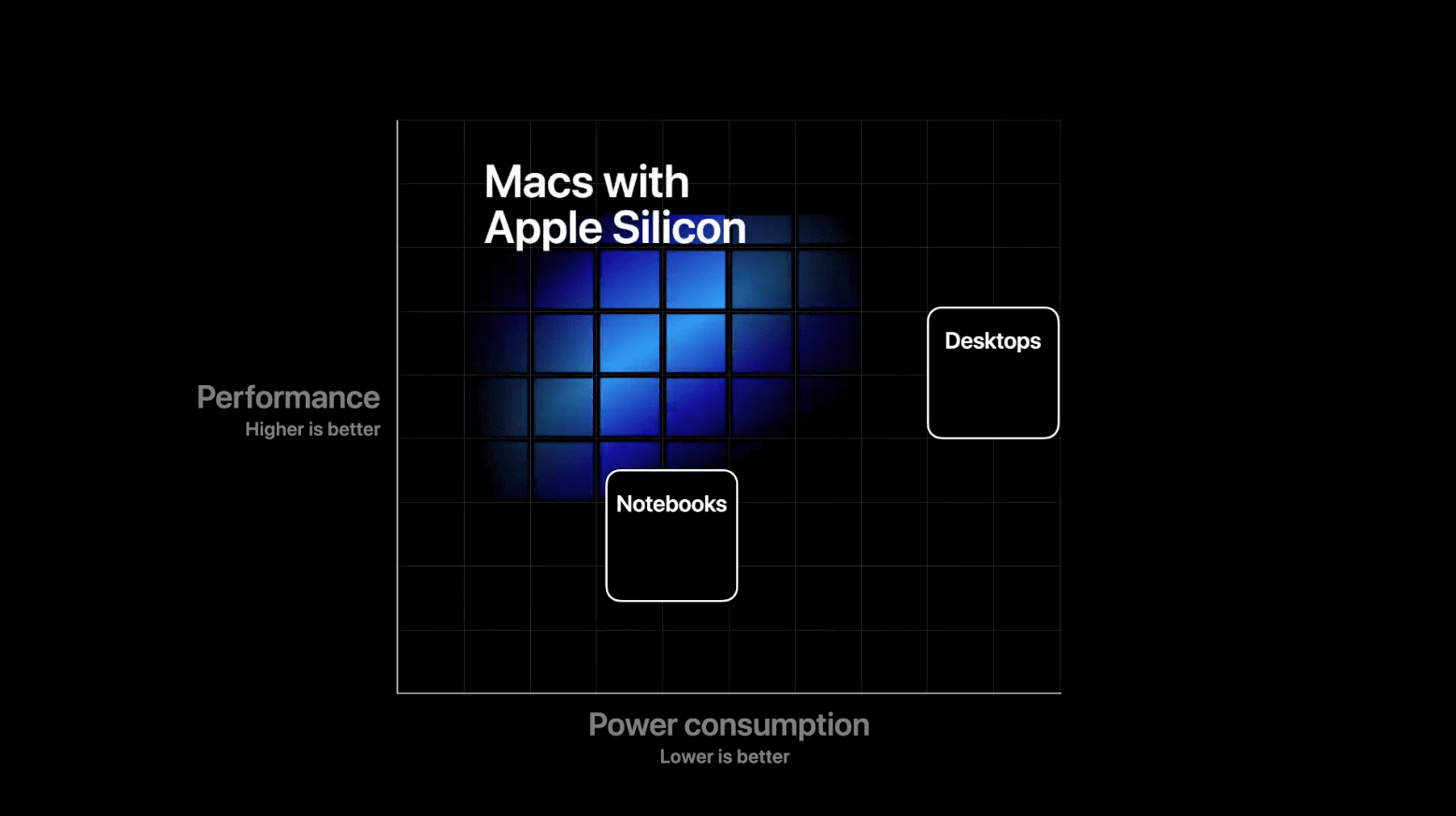Rumor mill: While it wouldn't be a complete surprise, Apple's first ARM-based Macs would reportedly keep the same industrial design of current Intel-based models. The first machine to receive Apple's all-new computer SoC would be the 13-inch MacBook Pro, followed by the MacBook Air possibly this year. The rest of the Mac lineup would have to wait until 2021 and 2022.

Apple has made it official that it will transition its entire Mac lineup from Intel processors to its own custom silicon based on the ARM64 architecture. The company hinted that the new CPUs will debut in a Mac later this year, which naturally invites to speculation as to what that may be.
According to analyst Ming Chi-Kuo, that device will most likely be a 13-inch MacBook Pro with a very similar design, if not identical, to the 2020 model. That means it's going to feature the Magic Keyboard with scissor switches, but won't have the slimmer bezels of the 16-inch MacBook Pro.

Kuo believes Apple will also launch a new ARM-powered MacBook Air later this year, with the possibility of that release being pushed to early 2021.
A 16-inch MacBook Pro and the long-rumored 14-inch MacBook Pro with Apple silicon wouldn't arrive until the second or third quarter of 2021. These newer models may also come with mini-LED displays.
Notably absent from Kuo's report are iMacs, but since the Cupertino company is planning to complete the CPU architecture transition in two years, they should also land sometime in 2021 or 2022 at the latest.
The new chips could give Apple the ability to release new Macs on the same cadence as new iPhones, as well as reduce their cost and potentially sell them at a lower price (possible, but unlikely). The company shipped around 15 million Macs in 2019, and Kuo believes the new ARM-based models will increase that to anywhere between 18 to 20 million in 2021.
https://www.techspot.com/news/85960-kuo-apple-might-release-two-arm-based-macbooks.html